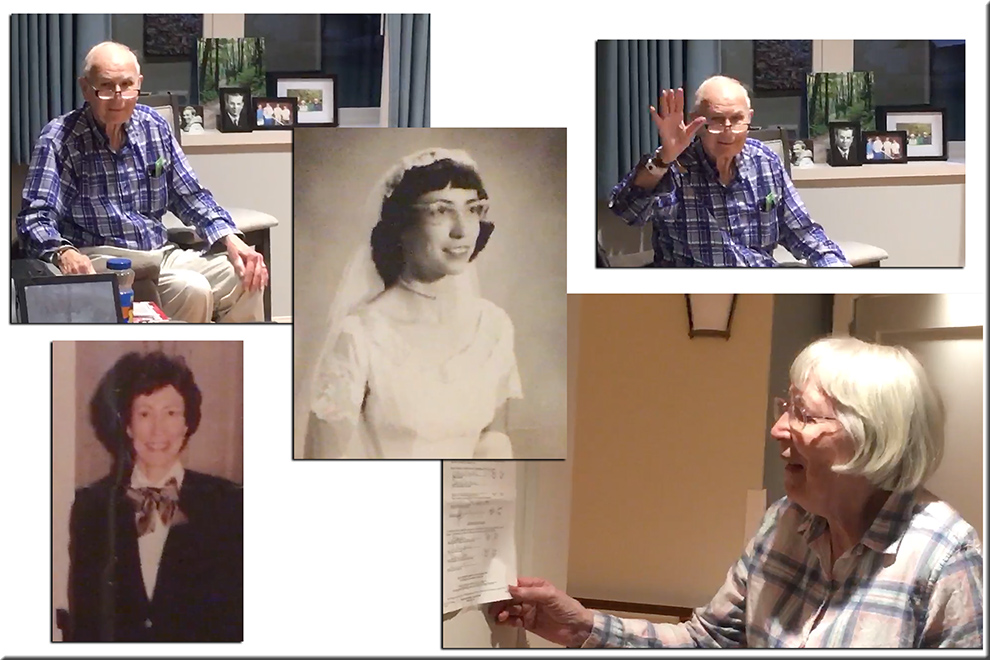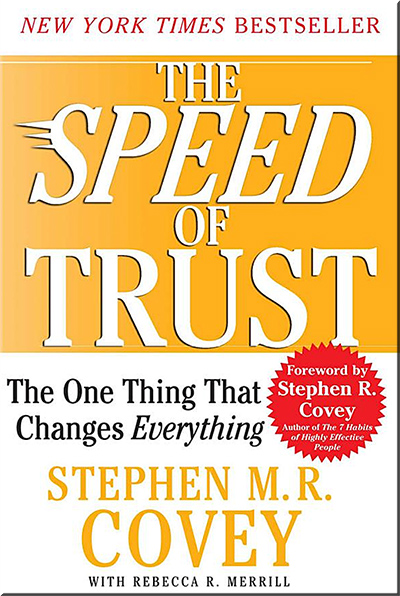4 ‘He will wipe every tear from their eyes.
There will be no more death’[a] or mourning or crying or pain,
for the old order of things has passed away.”
5 He who was seated on the throne said,
“I am making everything new!” Then he said,
“Write this down, for these words are trustworthy and true.”
From DSC:
Our dad, in his younger days, used to sing a song with Revelation Verse 21:4 in it. It was a beautiful piece that he had recorded years ago. That recording recently resurfaced, and our family is glad that we located it again. (Our dad sang quite a bit throughout his lifetime, and still likes to recall/sing some tunes. He and our mom met in college, both studying within the School of Music.)
Anyway, that song will likely be played at one or more of the funerals within our family in the near future. Any day now we could get “that call.” Or, if we’re lucky enough, we’ll be able to be present with him when he passes away (though Covid19 is making that very difficult these days).
Add to these experiences the recent loss of a dear, lifelong friend to cancer — and I’ve once again been reminded of the brevity of our lives. These reflections bring a couple more verses to my mind…
.
James 4:14 New American Standard Bible (NASB)
14 Yet you do not know what your life will be like tomorrow.
You are just a vapor that appears for a little while and then vanishes away.
From DSC:
If you doubt that last sentiment/lesson, watch a different version of this song, from a present-day recording.
Time flies. So as our mom would say, “Carpe Diem!” (i.e., “Seize the day!”)











